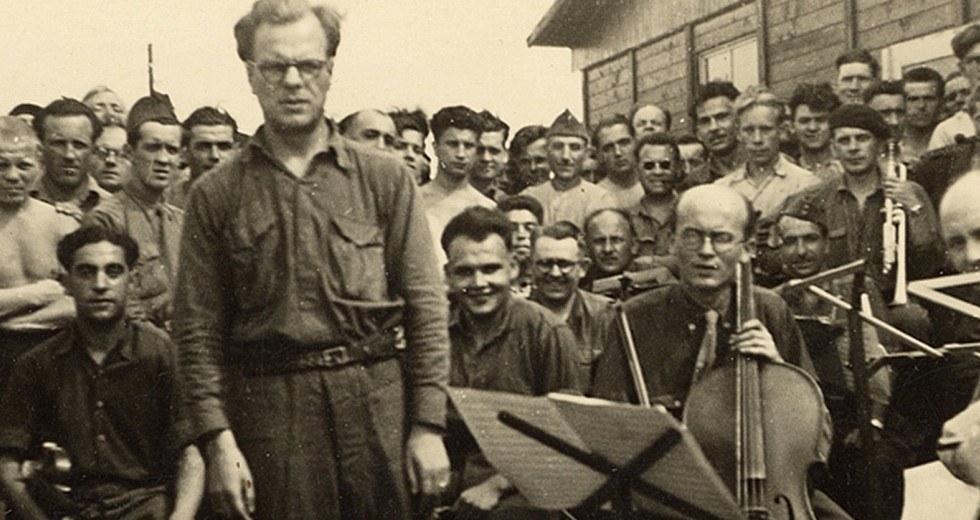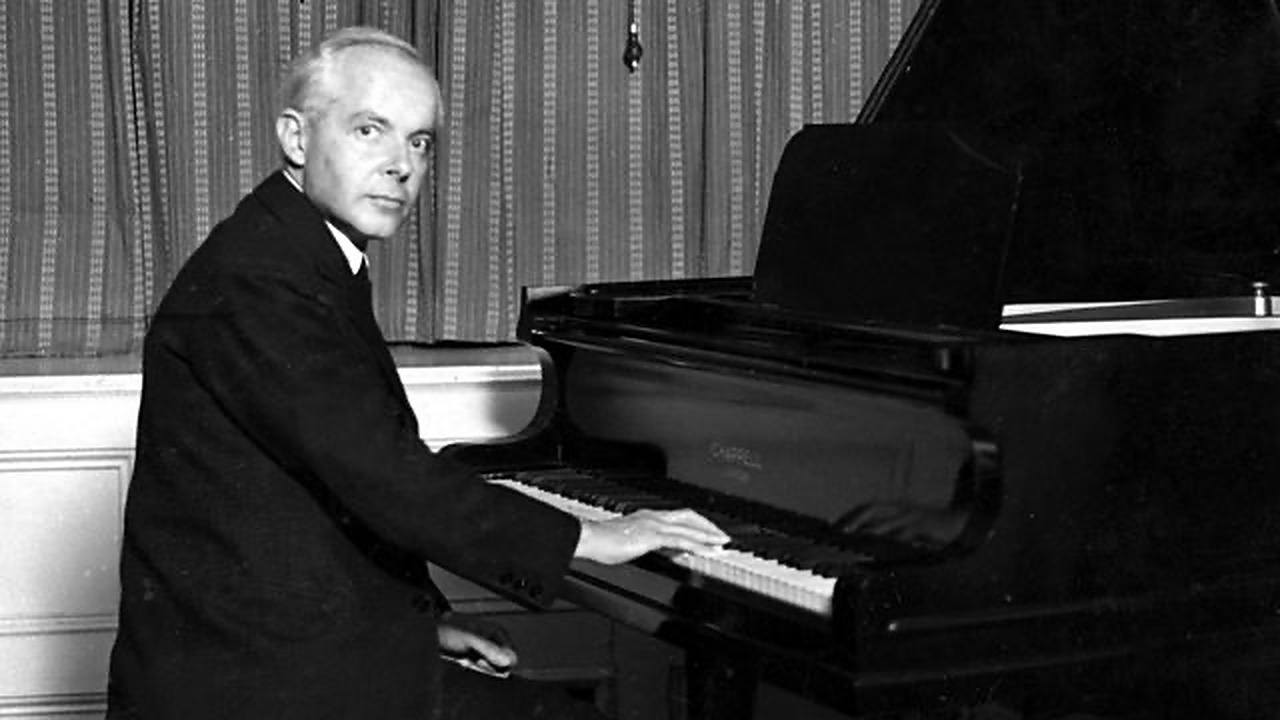David Diamond’s Music for Shakespeare’s “Romeo and Juliet”: Atmospheric Vignettes
The music of American composer David Diamond (1915-2005) is distinct and recognizable. Built on tonal and modal harmony and wide open voicing, often it develops through fleeting motivic fragments which combine to form a landscape as expansive and majestic as the American frontier. Although a longtime member of the faculty of the Juilliard School, Diamond was a maverick who was out of step with prevailing musical trends. In 1949, when he approached …







